
African Elephant
African elephants are typically social animals. They live in family units, which consist of 10 closely related females and their young, while males roam in small, loose herds by themselves.
Saving species in today’s world takes vision, innovation and — most importantly — collaboration. We are committed in protecting species in their natural habitats by creating strong and successful partnerships with conservation organizations that are engaged in field initiatives.
This critically endangered species has seen a population decline of more than 50% during the last 60 years largely due to deforestation by the palm oil industry. We are home to three generations of orangutans, which are part of AZA’s Species Survival Plan.
Buy Sustainably
Found in the forests of Indonesia and Malaysia, orangutans are critically endangered due to deforestation by the palm oil industry. Palm oil can be found in a wide range of products such as food, cosmetics, household goods, & more. When it is grown unsustainably, new areas of forest are cut and burned, destroying the orangutan’s habitat. However, sustainable palm oil is grown by re-using the same land for production.
As consumers, we hold the power for change! Supporting sustainable palm oil will encourage more companies to make the change to sustainable production. Download the Sustainable Palm Oil app on your smart phone and scan items while you shop to make informed decisions.
Download Cheyenne Mountain Zoo’s Sustainable Palm Oil App
We are proud to support and partner with the Bornean Orangutan Survival Foundation

There are almost 400 species of parrot found in tropical and subtropical regions around the world that are often brightly colored, charismatic and smart birds. Unfortunately, about 1/3 of all parrot species are threatened with extinction. In 2022, our team traveled to Costa Rica to help our partner organization, Macaw Recovery Network (MRN). While there, the team conducted census work of the wild Great Green macaws and visited nesting sites as well as assisted MRN with various tasks, including helping out in their breeding center. The mission of the trip was to further knowledge of macaw populations in the wild and collaborate on initiatives to conserve these amazing birds!
The Macaw Recovery Network is doing incredible work in Costa Rica with wild populations of Scarlet macaws and two critically endangered species: Great Green macaws and Yellow-naped Amazon parrots.
Learn more about the Macaw Recovery Network.

There are five species of rhinoceros in the world and each plays a unique role in their environment and the larger ecosystem as a whole. We care for two of these amazing species – the Southern white rhino and the Greater one-horned rhino. Commonly known as an Indian rhino, these gentle giants are a rare, endangered species. Unlike Southern white rhinos, the Indian rhino is one of just two species of rhino that only has one horn and their skin looks like armor making them truly unique! Through our participation in AZA’s Species Survival Program we have had seven white rhino and four greater one-horned rhino offsprings.
Southern White Rhino Conservation
The Southern white rhino is the only rhino species that have broad flat lips that they use to pull grasses and low lying shrubs out of the ground. These guys are considered the lawn mowers of the African savanna and they can eat upwards of 100 pounds of food a day. Just think of our grocery bill! Rhinos have two large horns on the front of their faces which are made from keratin. This is the same material as your hair and finger nails! Due to this material, the horn can be molded and shaped however the rhino chooses. There are eight white rhinos currently living here at ZooTampa. If you come visit our crash, you will see each of our rhinos has their own unique horn that they shape on objects throughout the yard such as logs, the ground, or rhino sized toys. They have their own styles – just like you and I!
Greater One-Horned Rhino Conservation
The greater one-horned rhino, also known as an Indian rhino, is the largest of all five species of rhinos weighing in as much as 4,600 lbs! This vulnerable species is facing threats in the wild due to habitat loss and illegal poaching for their horns. In the early twentieth century it was estimated that only 200 of these semi-aquatic creatures remained in their native Eastern Himalayan habitat. Thankfully, the Indian and Nepalese governments along with wildlife authorities banded together to increase the protection of these beautiful giants. There are now an estimated 3,500 Indian rhinos in their native lands making them the only rhino species with an increase in population.
We are home to three greater one-horned rhinoceroses, Johnny, Jamie and their baby Gronk. Greater one-horned rhinos are called this because they only have one horn, making them true, living unicorns! Greater one-horned rhinos are also semi-aquatic and are great swimmers. You can often find Johnny enjoying his pool during the heat of the day. Our female, Jamie, prefers to “wallow” instead and take mud baths that protect her skin from bugs and the sun.
All rhino species need our protection, but the greater one-horned rhino’s story can give us hope that positive change can happen.
We are proud to support and partner with the International Rhino Foundation

In 2003, we partnered with The San Diego Wild Animal Park to rescue a group of 11 African elephants. At that time, their home park in Swaziland was not able to sustain the number of elephants that lived there. When too many of any one species live in one place, they can break down the ecosystem – and all the plants and animals that live there can suffer. Along with our partners, we transported the elephants to San Diego and Tampa. This helped the remaining elephants by freeing up natural resources. And, by increasing the gene pool among elephants in managed-care, we are making a difference and contributing to saving these majestic animals!
Learn more about the International Elephant Foundation
![]()
We have supported okapi conservation in the Democratic Republic of Congo (DRC) for over 10 years as a partner of the Okapi Conservation Project (OCP). The Okapi Conservation Project has a long history of engaging the local communities, living in and around the Ituri Forest, to conserve and protect the remaining okapi and their habitat. Our Zoo is home to one endangered okapi.
Learn more about the Okapi Conservation Project

There are 18 species of penguins in the world, with 5 being warm weather species. That means that almost 1/3 of penguin species spend their time in warm weather, similar to Florida, instead of the chilly Antarctic. African penguins are critically endangered in their native home of South Africa. Over fishing and pollution are the two main causes for the penguin population declining. Plastic pollution plays an even larger role in the plight of penguins. We are home to a colony of penguins who have love being out in the sun and swimming around in the water.
Learn more about the Southern African Foundation for the Conservation of Coastal Birds (SANCCOB)

Additionally, we are proud to support the following conservation programs:
As an accredited member of the Association of Zoos & Aquariums, we participate in 103 Species Survival Programs which help in the long-term sustainability of vulnerable, threatened and endangered species. The programs we participate in include mammals, birds, reptiles, amphibians, and fish.
The SSP program oversees the population of select threatened and endangered species within AZA member organizations. This program has had widespread success in ensuring that, should a species population become functionally extinct in its natural habitat, a viable population still exists within a zoological setting with species reintroduction programs.
SAFE species are at risk of extinction and need our help. Below are the AZA SAFE species that we care for at ZooTampa.

African elephants are typically social animals. They live in family units, which consist of 10 closely related females and their young, while males roam in small, loose herds by themselves.

Shoebill storks are never found in groups. Only if food is in short supply will they be seen foraging near each other. Even breeding pairs will forage at opposite sides

Nile lechwe live in large, loose herds numbering anywhere from 50 to 500 individuals. This species is not well studied due to the civil unrest in the area. Adult males will





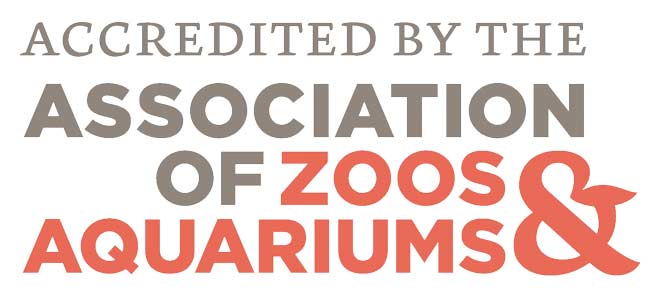
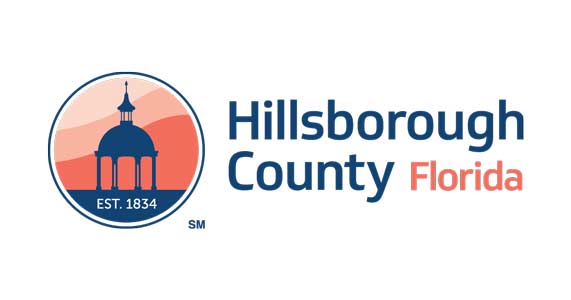
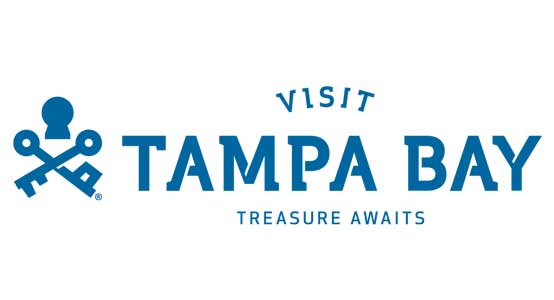
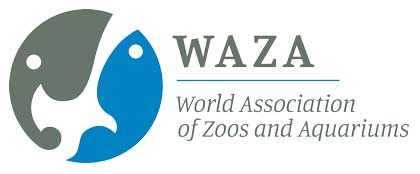
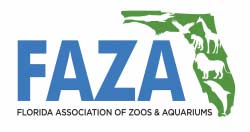
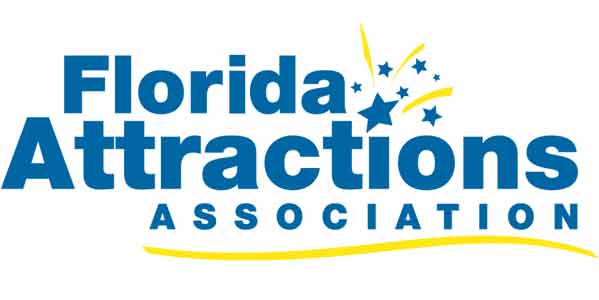

![tampa-640x300-54[29]-noarrow](jpg/tampa-640x300-5429-noarrow.jpg)
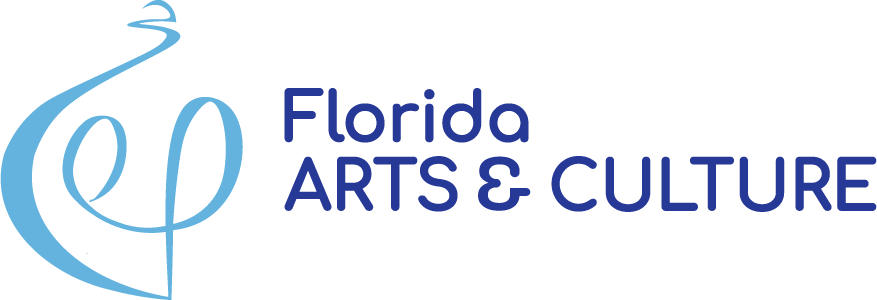
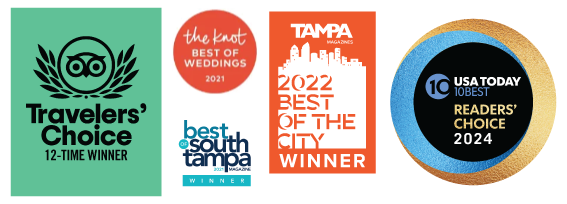
Open today from:
9:30 AM – 5:00 PM
Please fill out the form below to sign up for the job fair.
To complete your camp registration, you must:
By clicking the registration button below, I confirm that I have read and agree to the Camp Waiver and Liability Release and Camp Handbook and will print, sign, and return the Camp Waiver and Liability Release to complete my registration.
Trustees of the Lowry Park Zoological Society, Directors of the Lowry Park Zoo Endowment Foundation, and the Employees and Volunteers of ZooTampa understand and appreciate the vital role of philanthropy to accomplish our work. That’s why we subscribe to the Donor Bill of Rights developed by the American Association of Fund Raising Counsel, Association for Healthcare Philanthropy, Council for Advancement and Support of Education, National Society of Fund Raising Executives:
“Philanthropy is based on voluntary action for the common good. It is a tradition of giving and sharing that is primary to the quality of life. To assure that philanthropy merits the respect and trust of the general public, and that donors and prospective donors can have full confidence in the not-for-profit organizations and causes that they are asked to support, we declare that all donors have these rights:
ZooTampa at Lowry Park is committed to protecting your privacy. We value the trust of our donors, volunteers, employees, and other supporters and recognize that maintaining this trust requires us to ensure the confidentiality of personal information that you share with us.
As a non-profit organization, ZooTampa relies on your support, depends on the support of generous contributors, and achieves ambitious fundraising objectives by communicating with and understanding donors. We know that it is essential to protect the privacy of that information. ZooTampa, the Lowry Park Zoological Society, and the Lowry Park Zoo Endowment Foundation will neither sell nor trade a donor’s personal information to any other entity without the written permission of the donor.
Lowry Park Zoological Society of Tampa, INC.: Registration No. CH140
Lowry Park Endowment Foundation, INC.: Registration No. CH20389
A COPY OF THE OFFICIAL REGISTRATION AND FINANCIAL INFORMATION MAY BE OBTAINED FROM THE DIVISION OF CONSUMER SERVICES BY CALLING TOLL-FREE WITHIN THE STATE. REGISTRATION DOES NOT IMPLY ENDORSEMENT, APPROVAL, OR RECOMMENDATION BY THE STATE.
Phone: (800) 435-7352
FloridaConsumerHelp.com
ZooTampa at Lowry Park offers a variety of delicious food for guests at several restaurants and concession stands throughout, but we understand that guests may need to bring outside food for special dietary needs. Acceptable and prohibited food items are listed below. For the convenience of our guests, there is a picnic area located outside the park near the main parking lot.
For the safety of our animals, guests and employees, the following items are not permitted to be brought into ZooTampa:
The following items are also prohibited to avoid blocking of walkways and/or trip hazards:
Please leave any unnecessary articles secured within your vehicle to expedite your entry into the park.
We reserve the right to deny entry to anyone not observing Zoo Rules.
With a new Pay For A Day, Rest of Year Free ticket – for a limited time – you get unlimited admission through December 31, 2024 including access to our seasonal event series. Some blockout dates apply — see below for details. Not valid with any other discounts.
When does my Pay For A Day ticket expire?
Pay for a Day Get the Rest of the Year Free tickets purchased in October, November, or December of 2023, are valid from the day of purchase until 12/31/2024. Any Pay For a Day Get the Rest of the Year Free tickets purchased prior to October 1, 2023 expire on 12/31/2023.
What are the blockout dates?
11/24/23 – 11/26/23
12/26/23 – 12/31/23
3/9/24 – 3/17/24
11/24/24 – 11/26/24
12/26/24 – 12/31/24
Blockout dates apply to admission before 4:00 PM on the above dates.
Can I purchase a Pay For A Day ticket on a blockout date?
Yes! You can purchase a Pay for a Day, Rest of Year Free ticket for first-time use on a listed blockout date and have full access to the park on that day. Blockout dates apply to repeat visitation.